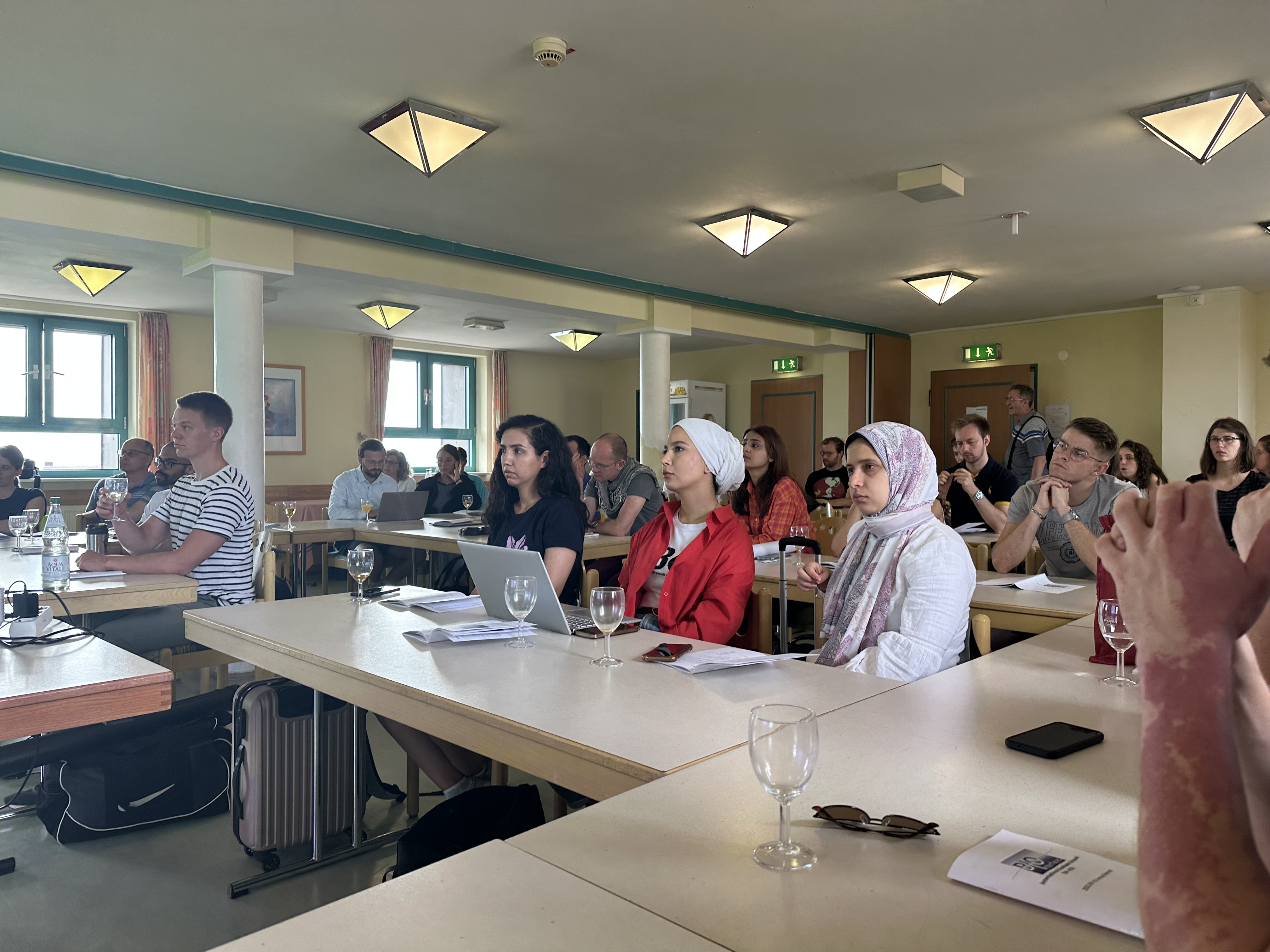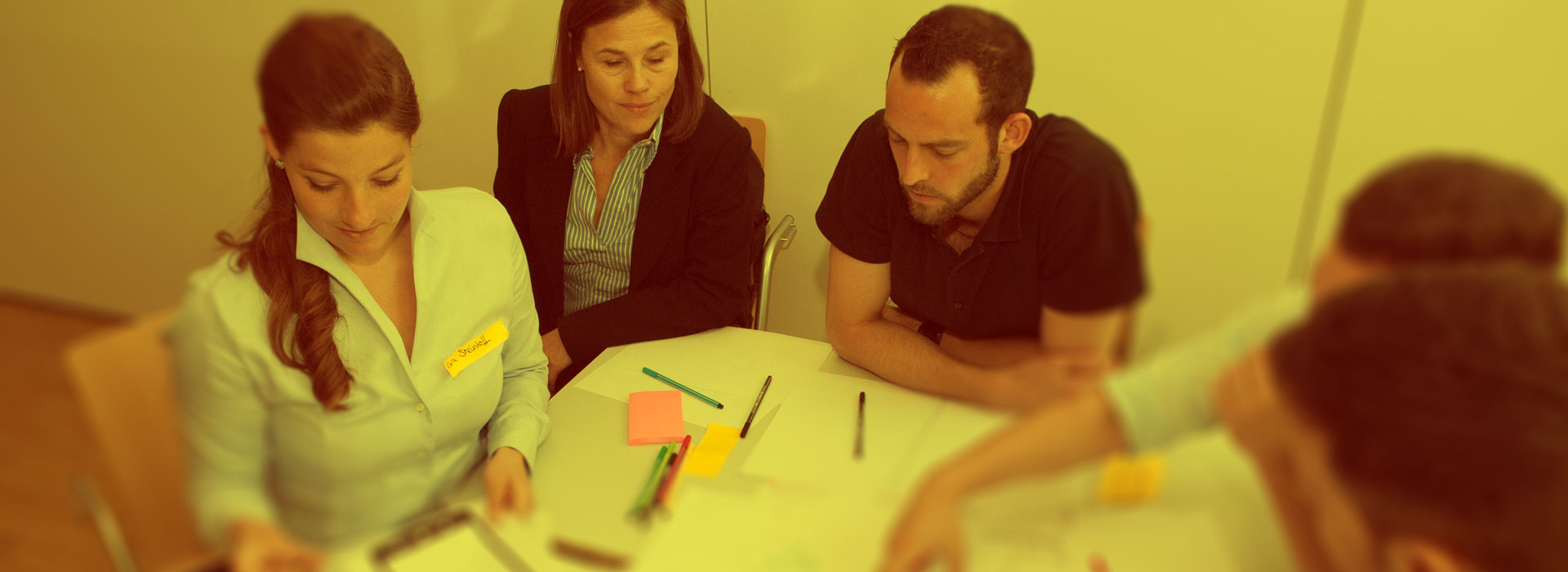BIF-IGS Training

In the course of the year there is a broad variety of courses, events and retreats, some organized by BIF-IGS directly, some together with partnering gradschools or in cooperation with Karlsruhe House of Young Scientists (KHYS).
You simply have to make your choice.
If you want to receive the “BIF-IGS Certificate of Participation” in the end you have to participate in the supervision, the networking and, last but not least, in the training curriculum of BIF-IGS:
Curriculum
During the 3 years of PhD you will have to attend
A. 30 hours of soft skills courses,
B. 30 hours of information modules and
C. 30 hours of "elective" modules.
You can freely choose the courses and they are there to help you with your PhD work. If you have special needs of a course ask us, we will try to organize it.
A. “Transferable skills” (soft skills)
E.g., courses on research management, communication & presentation, scientific writing, conflict management, leadership development, etc.
We strongly recommend at least 1 course on project management and/or time management in the first year.
B. “Information” modules
These are related to IT or computing techniques /approaches, programming languages and scripts (such as Python, R, Matlab, Cell profiler) and Research Data Management (RDM) and the use of Electronic Lab Notebooks (ELN).
C. “Elective” modules
These could be method / technology or research topic based; theoretical or practical or both; on beginners or advanced level with an interdisciplinary focus.
They could also be non-specialist training modules for basic knowledge, tools or technologies that lie outside of your immediate discipline but for which you do need to gain a very basic introduction: e.g., biology for materials scientists
Also possible are more specialized modules, designed to provide advanced theoretical or practical training on post-graduate level in tools and approaches directly necessary for your PhD work, e.g., an advanced course on confocal microscopy for biologists. You may already have used a confocal microscope but want to learn even more about its capabilities and to get this information from a real expert!
→ everything that helps you with your PhD project would be acceptable in this module.

